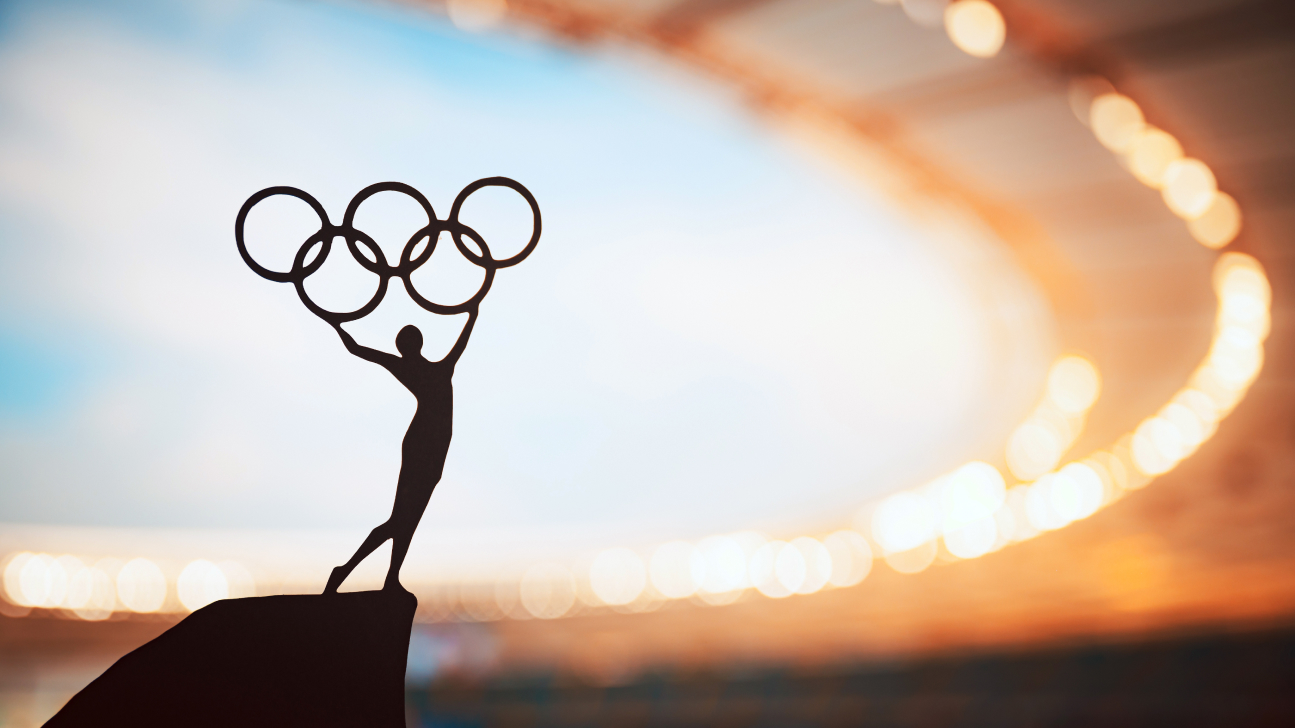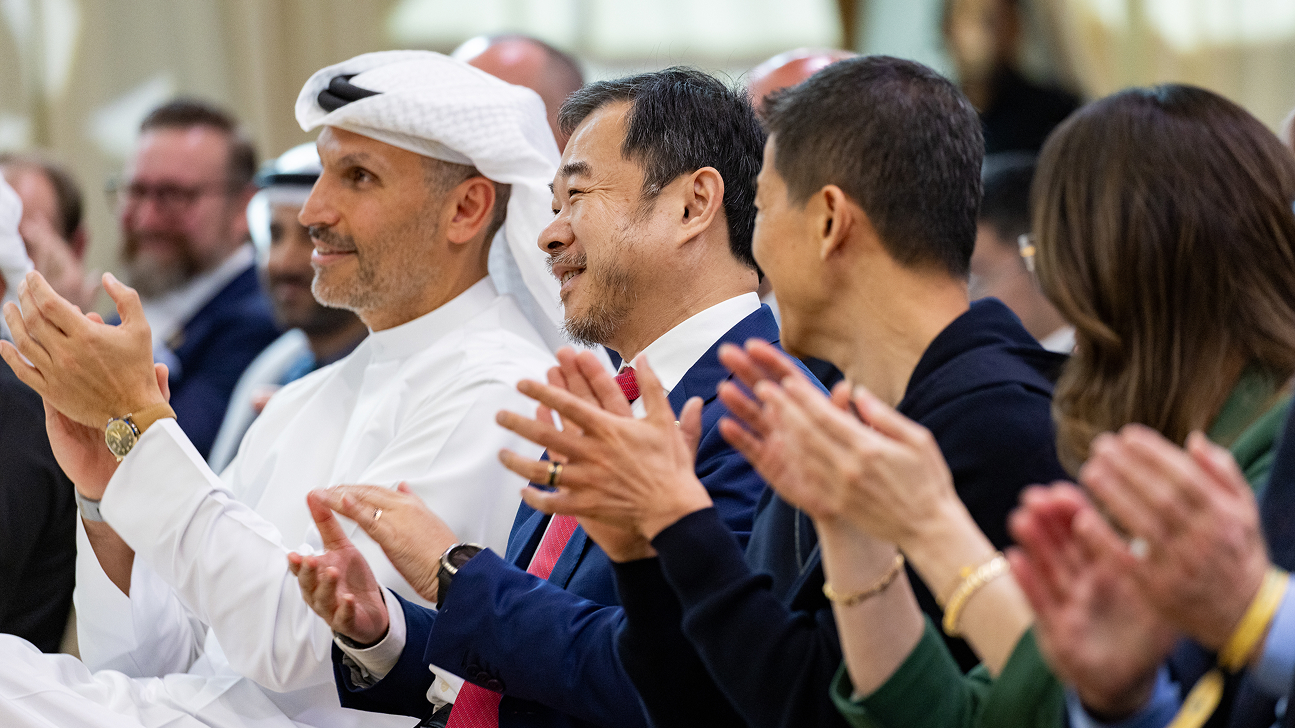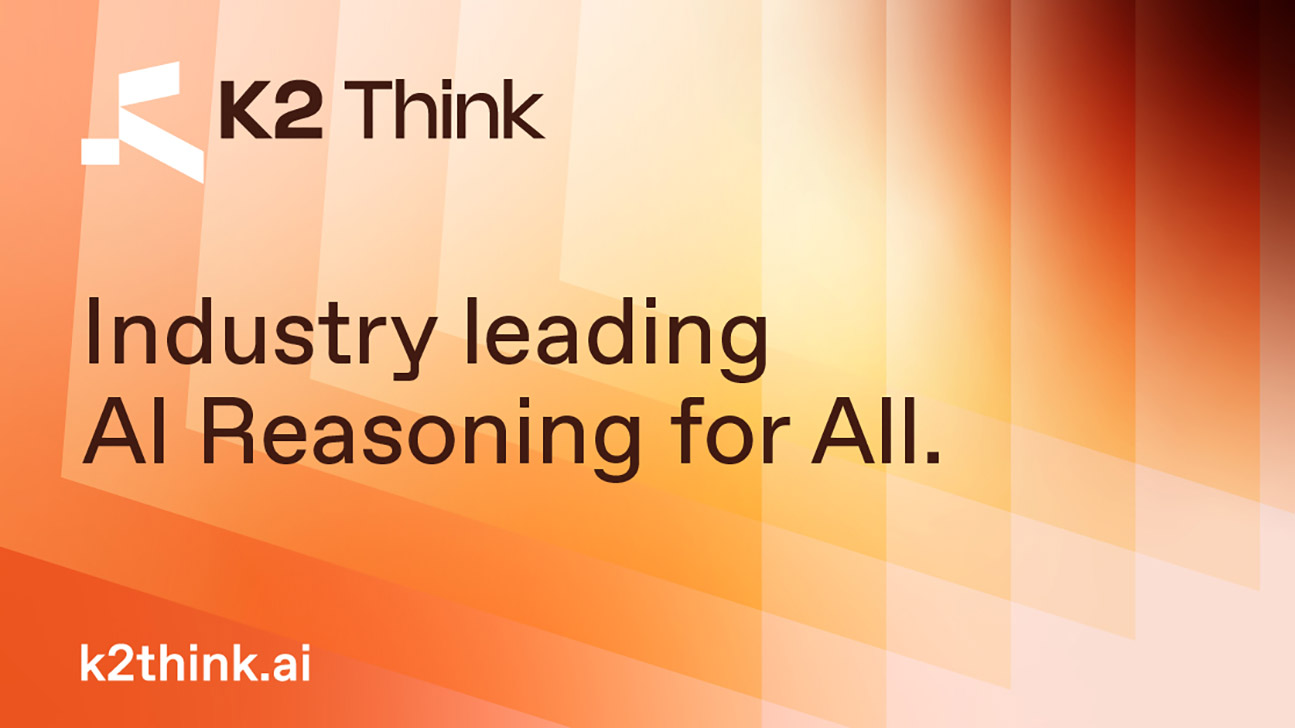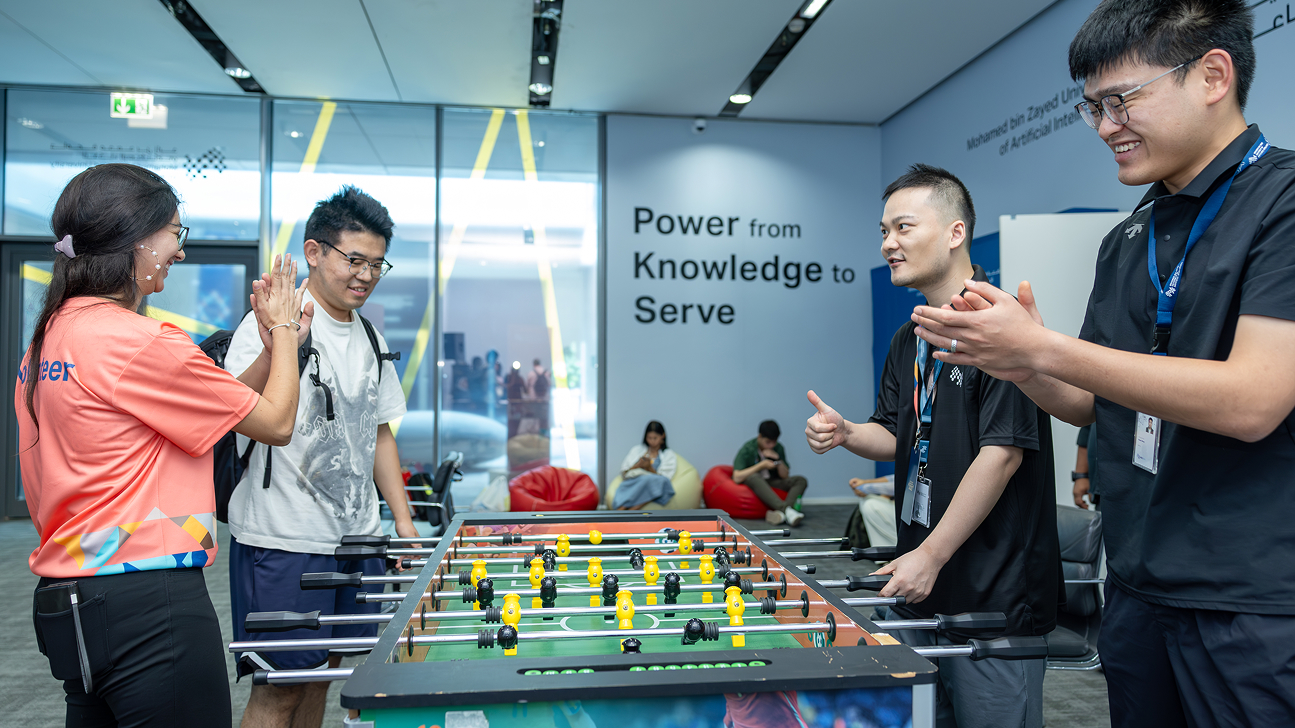Why AI is an Olympics gamechanger
Monday, July 22, 2024

Athletes are often likened to “well-oiled machines” but it’s their exceptional human triumphs we celebrate at the Olympic and Paralympic Games. Nevertheless, AI is becoming increasingly crucial in making the Games more inclusive and exciting, with MBZUAI research poised to push these boundaries even further.
As International Olympic Committee (IOC) president Thomas Bach stated, “The 100m will always have to be run by an athlete.” It’s distinctions like this that highlight why the Games can eagerly embrace AI to augment rather than replace human achievement.
Take a look at why AI will make this year’s event more remarkable than ever, and what could happen next.
Fair play
MBZUAI Ph.D. student Ahmed Sharshar believes his research into human activity recognition and smart gym coaching could shape future Olympic and Paralympic Games. “By making training resources more accessible,” he says, “my work aims to make events like the Olympics more competitive and inclusive.”
Sharshar’s research is dedicated to converting artificial gym coaching AI models into lightweight versions capable of running on any device without requiring high-end hardware. “This approach democratizes access to advanced training technologies,” he says, “allowing athletes from developing countries to practice, contribute, and participate in the Olympics.”
This year, Olympics partner Intel will use AI to improve accessibility for the visually impaired. Their AI powered processor has built 3D models of centers in Paris and Germany so those with visual impairment can navigate using their voice via an app.
Intel has also used the Gaudi 2 generative AI platform to support an Olympic chatbot, helping 10,000 athletes navigate the Olympic Village and events. The LLM will convert complex information typically found in PDFs into a user-friendly conversational format. It simplifies logistical concerns, providing quick answers to queries like bus schedules or doping regulations for common medications.
Peak performance
MBZUAI research associate Karima Kadaoui can see how tailoring training regimens could particularly benefit Paralympians given how disabilities can vary in severity. By analyzing past training and competition footage “AI analysis could serve to customize equipment, prosthetics, and wheelchairs according to the needs of each individual,” she says. “During this design, AI can be leveraged to run simulations to observe the behavior of these props to minimize harm to athletes during testing.”
For battery-powered prosthetics like the bebionic hand, Kadaoui believes AI will be able to optimize power output based on need, allowing athletes to perform their best without exhausting their energy too quickly. It might also be able to adapt a prosthetic on different phases of a game or race, “like sprinting on the last meters compared to endurance running in the first laps.”
However, Kadaoui stresses the need for fair access to these technologies, advocating for regulations to prevent AI from giving athletes unfair advantages due to high costs. “We need to democratize access,” she asserts.
Edge-of-seat viewing
Capturing the athletic feats at the Games is challenging, especially at high speeds. But AI can turn data into graphics almost instantly. It captures, processes and visualizes performances in less than 1/10th of a second enhancing the viewing experience with insights previously unseen.
An AI-driven voice model of American broadcaster Al Michaels will narrate daily highlights on NBC. A large language model (LLM) will process thousands of hours of live coverage, scanning subtitles and metadata to summarize the footage before passing it to Michaels’ AI voice model. Editors will then check pronunciation, especially for athletes’ names. NBC says the flexibility will allow them to offer users 7 million customized highlights clips over the course of the Games.
Judgment calls
AI will assist judges with objective, real-time data, allowing them to focus on more nuanced areas. For example, it could report on the specific angle of a dive, or a gymnast landing outside the zone, giving them access to accurate information to make fairer calls.
The extent to which AI should be integrated into judging remains a topic of debate. But interestingly, Hawk-Eye, a computer vision system used for decades, prompted tennis umpires and linesmen to make 8% fewer mistakes than before it was introduced.
AI, when utilized to its full potential, will create a more accessible and engaging Olympic and Paralympic Games. This integration marks the dawn of a new era of innovation, making the Games not only a testament to human strength and skill but also the power of advancing technology.
Related
MBZUAI marks five years of pioneering AI excellence with anniversary ceremony and weeklong celebrations
The celebrations were held under the theme “Pioneering Tomorrow: AI, Science and Humanity,” and featured events, lectures,.....
- faculty ,
- students ,
- campus ,
- board of trustees ,
- event ,
- ceremony ,
- five year anniversary ,
- celebration ,
MBZUAI and G42 Launch K2 Think: A Leading Open-Source System for Advanced AI Reasoning
The Institute of Foundation Models at Mohamed bin Zayed University of Artificial Intelligence (MBZUAI) and G42 today.....
Read MoreMBZUAI opens admissions for Fall 2026 intake
The world’s first AI-dedicated university invites top students worldwide to shape the future through its undergraduate and.....
- Undergraduate ,
- Bachelor's ,
- intake ,
- master's ,
- students ,
- Ph.D. ,
- applications ,
- graduates ,
- post-graduate ,


